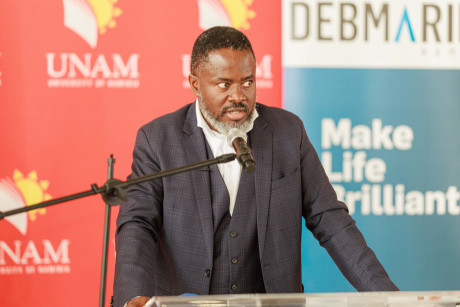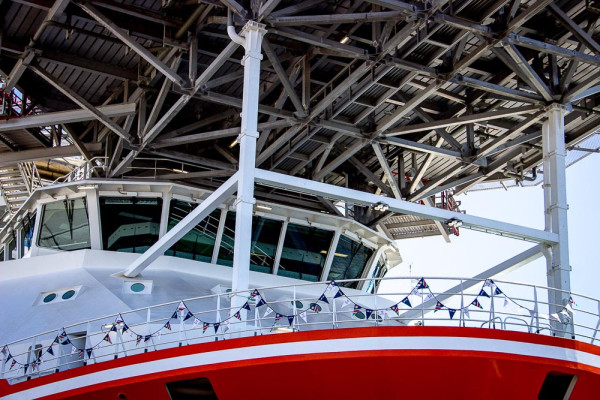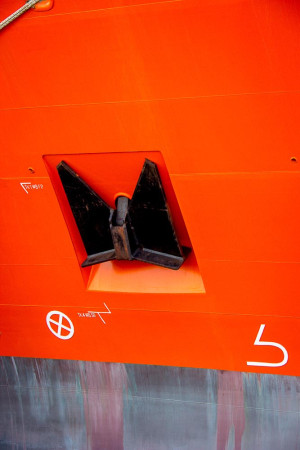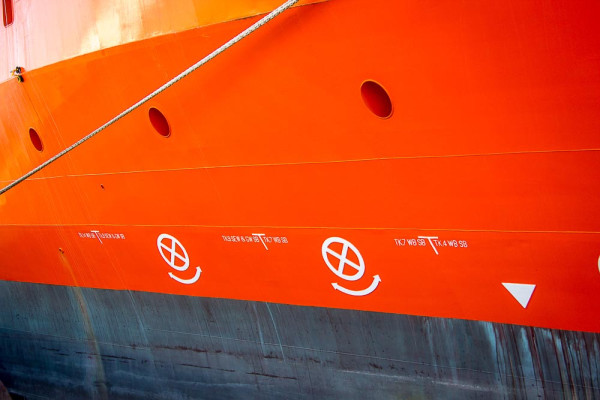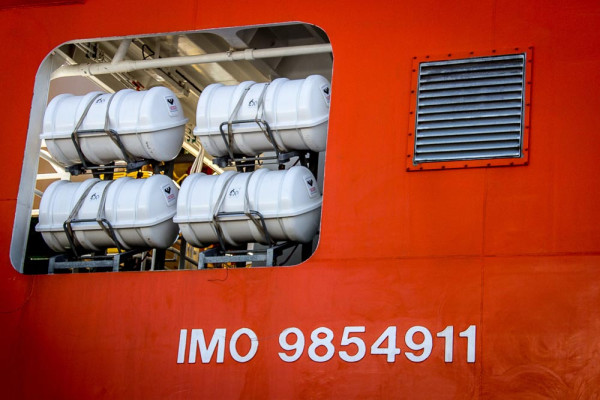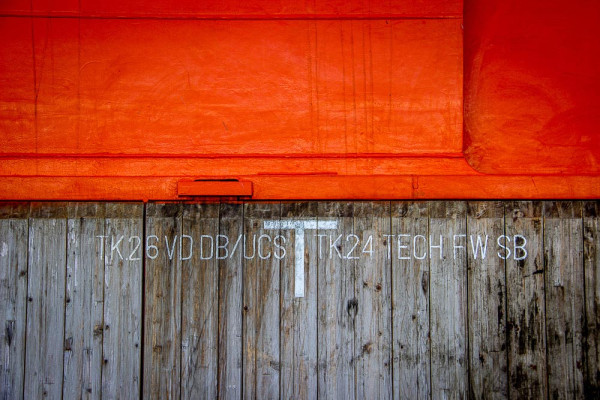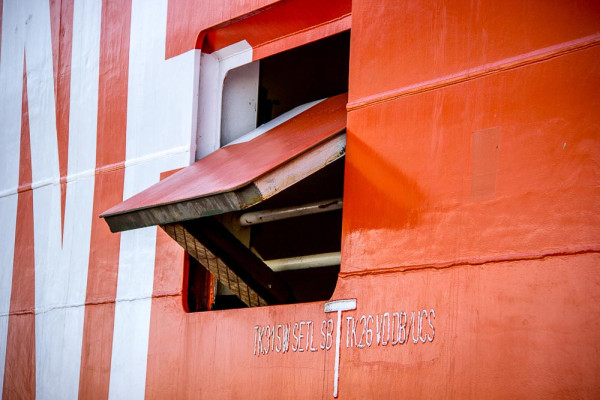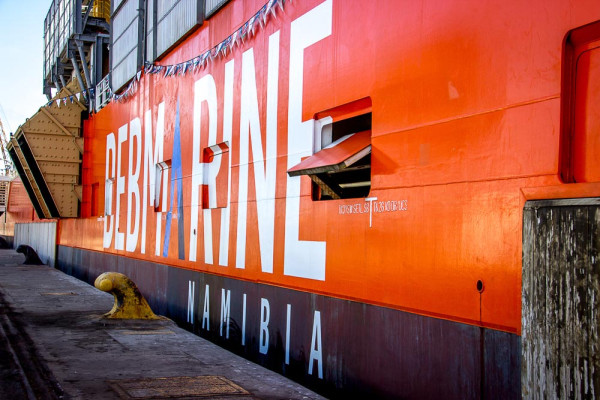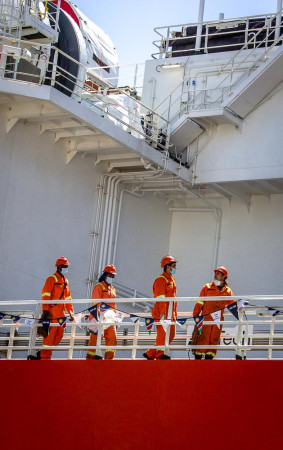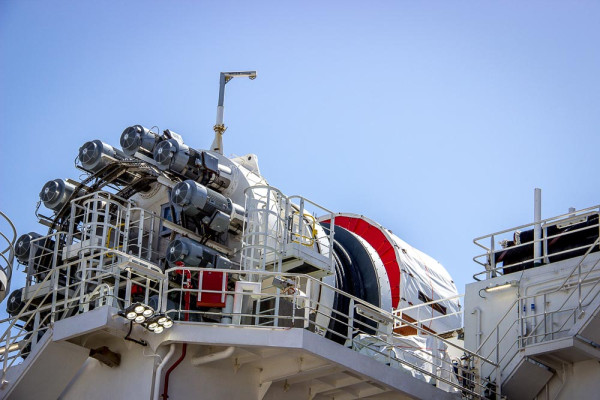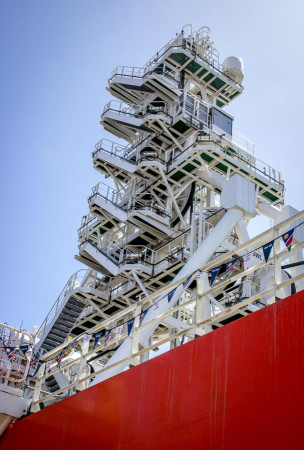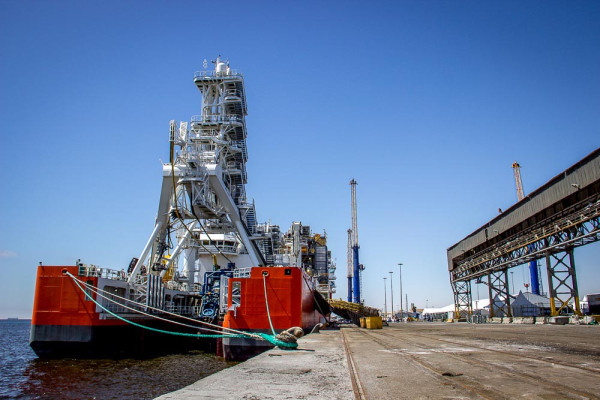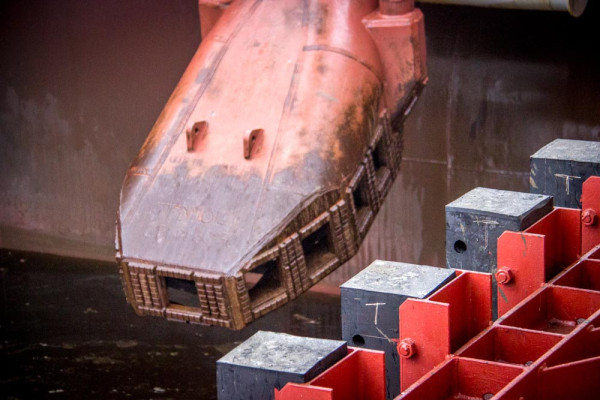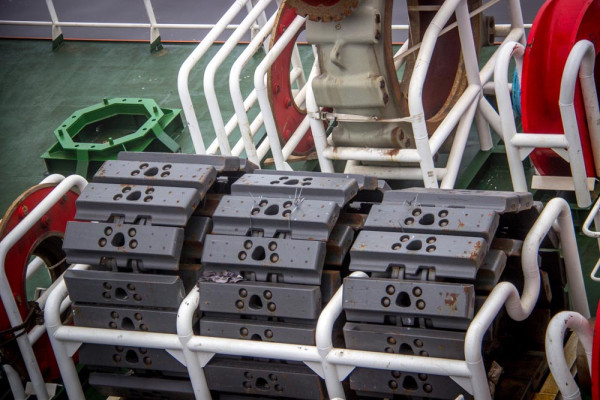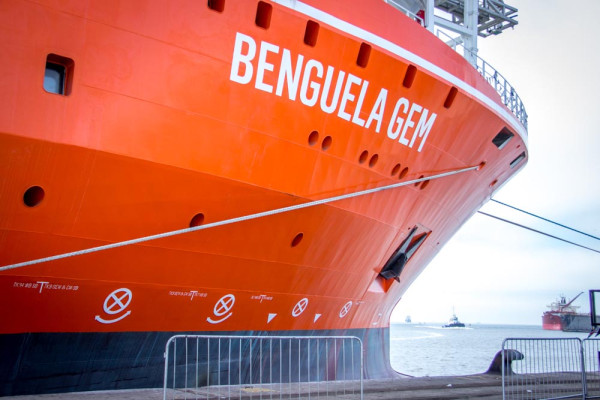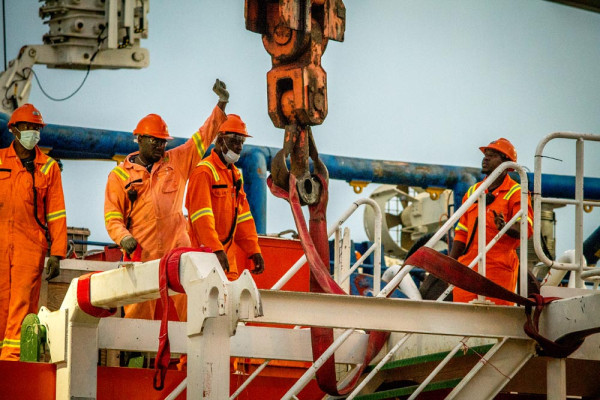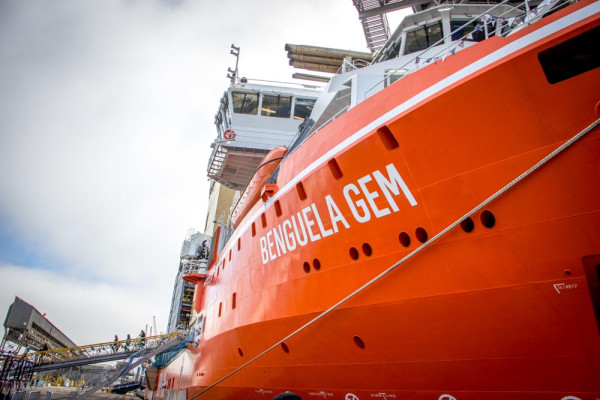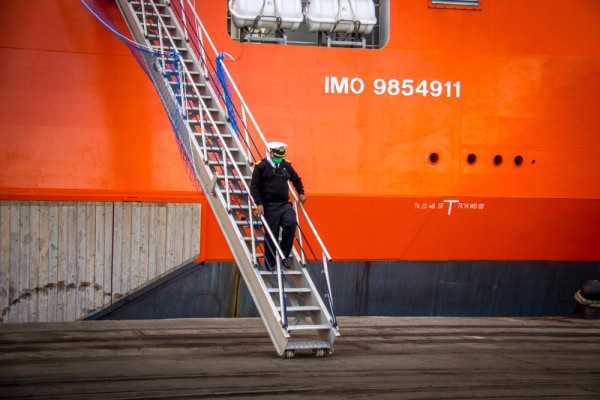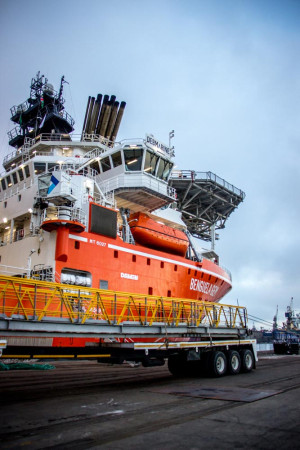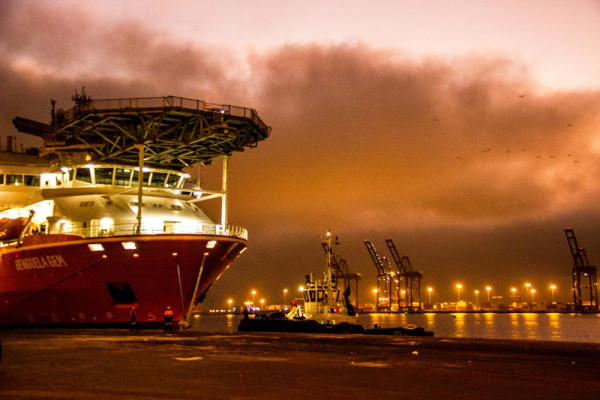20 Jun 2025
In a vibrant display of collaboration, innovation, and agricultural transformation, Debmarine Namibia joined hands with the University of Namibia (UNAM), the Embassy of Japan, and rural farmers to celebrate the annual rice harvest at UNAM Ogongo Campus, a testament to the power of purposeful partnerships in shaping sustainable livelihoods.
Speaking on behalf of Debmarine Namibia, Godfrey
Ngaisiue, Mineral Resources Manager, captured the day’s significance.
“We did not just invest in agricultural equipment and
research, we invested in people, in progress, and in the shared promise of
sustainable food security. Today’s harvest is more than a milestone; it's the
result of shared vision, bold conviction, and strategic support.”
At the heart of Debmarine Namibia’s social investment
framework, Partnering for Thriving Communities, lies a commitment to
education, health, and resilient livelihoods. In 2022, this vision took root at
Ogongo Campus through an investment of over N$750,000, earmarked for rice
cultivation and poultry breeding. The results speak for themselves: planted hectares
have more than doubled, expanding from 4.1 to 8.65 hectares, with 6.7 hectares
fully cultivated, and rice yields forecasted to increase from 15 to 19 tons in
2025.
Prof. Dr. Kenneth Matengu, Vice Chancellor of UNAM,
highlighted the deep impact of these partnership, “Thanks to enduring support
from Debmarine Namibia and JICA, Ogongo Campus has become a center of
excellence in wetland agriculture. We’re not just harvesting rice—we’re
harvesting possibility and progress.” Under his leadership, the theme “Promoting
Seasonal Wetland Rice Production Among Smallholders for Sustainable
Livelihoods” aligns with UNAM's strategic goals of relevance, innovation, and
impact.
The rice harvest festival also welcomed His Excellency
Mr. Shinichi Asazuma, Ambassador of Japan to Namibia, who noted the importance
of expanding these collaborative efforts:
“This is a national drive for food self-sufficiency.
We commend Debmarine Namibia for their commitment, and we call upon all
stakeholders to continue scaling out this project to empower smallholder
farmers across the country.”
The project’s legacy extends far beyond the fields of
Ogongo:
- Over 5,000 chicks now hatch annually from the campus poultry
facility
- Local farmers are milling
rice and engaging in wetland farming
- School learners participate in harvesting, inspiring youth
engagement in agriculture
- Diverse stakeholders including ministries, UN agencies, and NGOs joined
the event in support
Debmarine Namibia views this as more than a corporate
contribution, it’s a blueprint for inclusive development, where academia,
industry, and community converge to uplift lives and enhance food systems.
“Our work may begin beneath the ocean, recovering
natural diamonds, but our purpose is rooted in the people and the potential
that lie above the surface.” Ngaisiue noted.
As Namibia moves boldly toward climate-smart
agriculture and food resilience, the rice paddies of Ogongo serve as living
proof that transformation grows best when nurtured by collective action.
